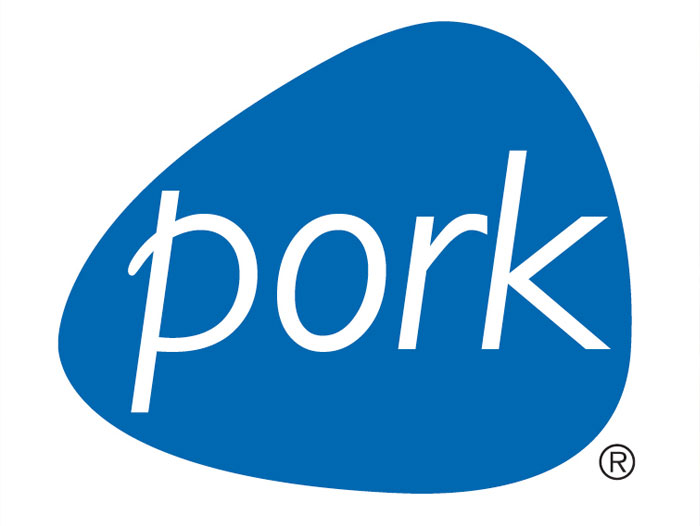National Pork Board Launches Pork as a Passport
September 10, 2020 | 4 min to read

DES MOINES, Iowa — To celebrate pork’s position as a global, culturally relevant protein and offer weary home cooks in the U.S. a variety of authentic meal options, the National Pork Board has launched Pork as a Passport (www.pork.org/realpork). This new consumer marketing campaign elevates the at-home cooking experience by highlighting the common love for pork across a number of global cuisines. The Pork Board, and the 60,000 U.S. farmers it represents, introduced Pork as a Passport in an effort to encourage quarantine cooks to get adventurous with their meals by showcasing delicious pork dishes from across the country and around the world.
“Pork as a Passport celebrates the authentic flavors of pork and shows consumers how to take at-home recipes to a new level,” said Angie Krieger, vice president of domestic marketing at the Pork Board. “Six months into the pandemic, consumers are ready for mealtime variety, and this campaign helps cooks start that journey in their kitchen with flavorful and authentic options.”
During the pandemic, sales of pork surged as consumers were forced to cook more at home, try new recipes and purchase new products. According to Krieger, pork perfectly meets two key motivators for consumer purchases during these difficult times: comfort and authenticity.
“With the increasing diversity in the U.S., many households come from one or more cultures – think Latin, Asian and Eastern and Southern Europe – where pork is the staple protein in those familiar, favorite dishes,” said Krieger. “There’s a strong desire for those traditional comfort foods. Those same dishes also appeal to those who haven’t been able to travel because of the coronavirus. Pork allows them to create those authentic flavors in their own kitchen and helps satisfy a bit of their wanderlust.”
The Pork as a Passport campaign also marks a first for the Pork Board in its consumer outreach efforts. Not only does the campaign celebrate the authentic flavors pork creates, it introduces today’s consumer to the farm-to-fork story of the U.S. pork industry.
“A growing number of consumers – especially Millennials and those in Generation Z – are asking questions about their food, how it was raised and the environmental impact of getting it from the farm to their plate,” said Dr. Brett Kaysen, vice president of sustainability for the Pork Board. “From the farmers who raise pigs, to the processors who make pork, our industry has made great strides to reduce our collective environmental footprint. We’re proud of those efforts, and proud of the ethical principles that guide us. As we share our story more broadly with people, it will help consumers make informed decisions and feel confident choosing pork.”
A few examples of planned activities for the Pork as a Passport campaign include:
- Featuring pork as the first challenge dish in the World Food Championships, airing Oct. 3 on the Cooking Channel
- Engaging a family psychologist to provide insight on the importance of family meals during and post pandemic, and how a shared appreciation for foods like pork unites us
- Matching U.S. pig farmers and global chefs in a video series connecting them over their favorite pork dishes
- Linking U.S. chefs with international chefs to cook together and sharing the resulting videos and recipes on social media
- Highlighting pork in the most authentic, real and delicious way possible, through street food, in a three-city multicultural effort called Menú Urbano
As activities come to life, they will be posted on the new landing page, www.pork.org/realpork and the National Pork Board’s Facebook, Instagram, Twitter and Pinterest accounts.
About the National Pork Board:
The National Pork Board has responsibility for Pork Checkoff-funded research, promotion and consumer information projects and for communicating with pork producers and the public. The Pork Checkoff funds national and state programs in consumer education and marketing, retail and foodservice marketing, export market promotion, production improvement, science and technology, swine health, pork safety, and environmental management and sustainability. For the past half century, the U.S. pork industry has delivered on its commitment to sustainable production and has made significant strides in reducing the environmental impact of pig farming. Through a legislative national Pork Checkoff, pork producers invest $0.40 for each $100 value of hogs sold. Importers of pork products contribute a like amount, based on a formula. For information on Checkoff-funded programs, pork producers can call the Pork Checkoff Service Center at (800) 456-7675 or visit www.pork.org.
